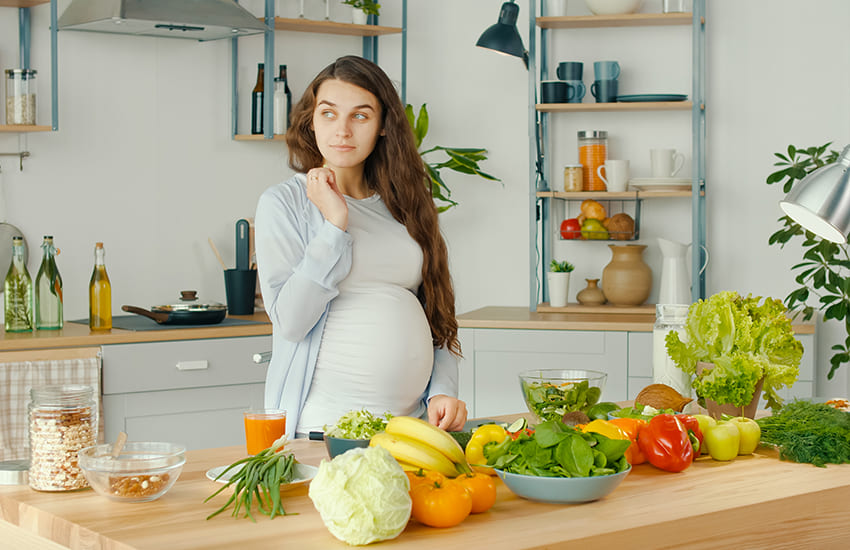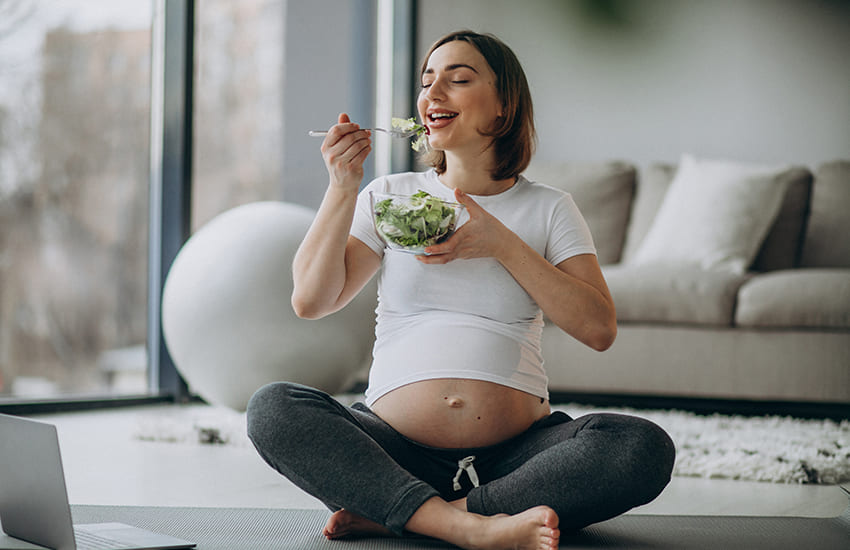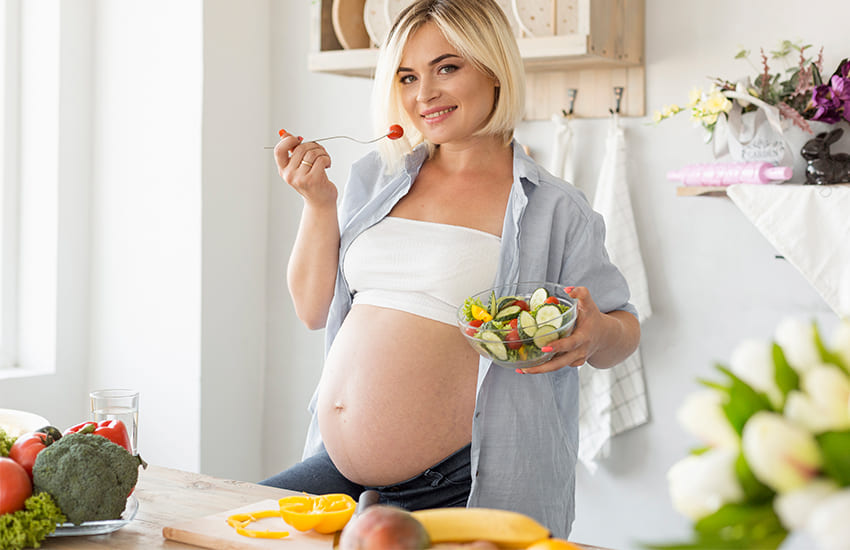
Healthy eating during pregnancy: Tips for getting the nutrients you and your baby need
Pregnancy is an exciting time, but it can also be a time of uncertainty, especially when it comes to what to eat. Eating healthy during pregnancy is essential for both you and your baby’s health. A balanced diet provides the nutrients you and your baby need to grow and develop, and it can help prevent complications during pregnancy.
In this blog post, we’ll discuss tips for healthy eating during pregnancy and how to get the nutrients you and your baby need.
Why Is Healthy Eating Important During Pregnancy?
Eating a healthy and balanced diet during pregnancy is essential for both you and your baby. A balanced diet provides the vitamins, minerals, and other nutrients you need to stay healthy and prevent complications during pregnancy.
Eating a healthy diet during pregnancy can also help prevent gestational diabetes, pre-eclampsia, and other complications. It can also help you maintain a healthy weight during and after pregnancy, which is important for your overall health and wellbeing.
What Should You Eat During Pregnancy?

During pregnancy, you should aim to eat a balanced and varied diet that includes plenty of fruits and vegetables, whole grains, lean proteins, and healthy fats. Here are some tips for getting the nutrients you and your baby need during pregnancy:
- Dark, leafy greens like spinach and kale are especially good sources of folate, a B vitamin that is important for fetal development.
- Choose Whole Grains: Whole grains like brown rice, quinoa, and whole wheat bread are high in fiber, vitamins, and minerals. They also help you feel full and satisfied, which can prevent overeating.
- Get Enough Protein: Protein is essential for fetal growth and development. Aim to eat at least 75 grams of protein per day. Good sources of protein include lean meats, poultry, fish, eggs, beans, and tofu.
- Choose Healthy Fats: Healthy fats, like those found in nuts, seeds, avocados, and fatty fish, are important for fetal brain development. They also help you feel full and satisfied.
- Limit Processed Foods: Processed foods like sugary snacks, fast food, and processed meats are high in calories, salt, and unhealthy fats. These foods can increase your risk of gestational diabetes, high blood pressure, and other complications.
- Stay Hydrated: Drinking enough water is important for both you and your baby’s health. Aim to drink at least eight glasses of water per day, and more if you’re exercising or in hot weather.
Supplements to Consider During Pregnancy

In addition to a healthy diet, your healthcare provider may recommend certain supplements to help ensure you and your baby get the nutrients you need. These supplements may include:
- Prenatal Vitamins: Prenatal vitamins are a combination of vitamins and minerals that are important for fetal growth and development. They typically include folic acid, iron, and calcium.
- Omega-3 Fatty Acids: Omega-3 fatty acids, found in fatty fish like salmon and tuna, are important for fetal brain development. If you’re not getting enough omega-3s from your diet, your healthcare provider may recommend a supplement.
- Iron: Iron is essential for red blood cell production and can help prevent anemia during pregnancy. Your healthcare provider may recommend an iron supplement if you’re not getting enough from your diet.
- Vitamin D: Vitamin D is important for bone health and can help prevent complications like pre-eclampsia. Your healthcare provider may recommend a vitamin D supplement if you’re not getting enough from
